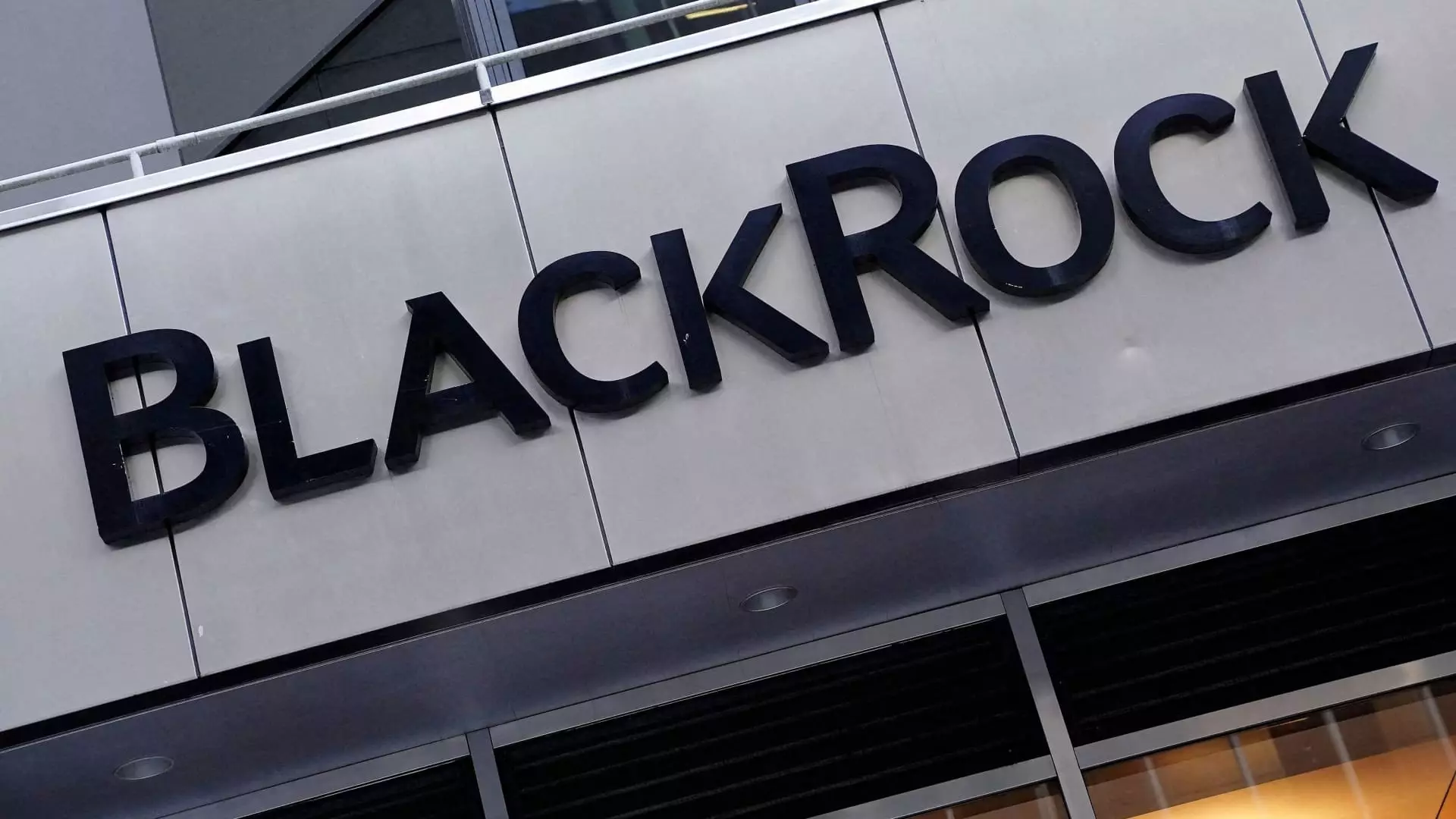In a move that solidifies the intersection of traditional finance and innovative blockchain technology, BlackRock has broadened its tokenized money market fund, the USD Institutional Digital Liquidity Fund (BUIDL), across several key blockchain platforms. This strategic decision marks a significant step away from the lone dependency on Ethereum, as the fund now also caters to investors utilizing Aptos, Arbitrum, Avalanche, OP Mainnet, and Polygon. This evolution not only signals BlackRock’s acknowledgment of blockchain’s growing relevance in the financial landscape but also highlights the burgeoning demand for decentralized financial options among institutional investors.
Launched originally on Ethereum in March, the BUIDL fund presents a compelling opportunity for investors seeking U.S. dollar yields within a blockchain framework. With a launch just two months post the unveiling of iShares Bitcoin Trust, BlackRock’s foray into tokenization is rooted in the growing trend of integrating physical assets into the digital realm. This approach marries traditional investment vehicles with the technological advancements of decentralized finance (DeFi), allowing capital to flow more freely while leveraging the transparency and efficiency provided by blockchain technology.
The growing popularity of tokenizing real-world assets, such as gold, reflects an increasing interest among financial institutions in exploring blockchain’s potential while remaining cautious about cryptocurrency’s inherent volatility. Robert Mitchnick, head of digital assets at BlackRock, emphasized this duality in investment strategies during the fund’s announcement. By placing traditional finance assets into crypto-native structures, BlackRock is navigating a fascinating contradiction that could pave the way for a more integrated approach in the future. The expectation of a convergence between established financial protocols and burgeoning technologies suggests a transformative horizon for the investment landscape.
The fund’s announcement comes at a pivotal time, just after a surge in cryptocurrency markets following Donald Trump’s proclamation of more favorable conditions for crypto regulations—a sharp contrast to the stricter oversight endorsed by the current administration. With Polygon experiencing a notable 28% gain, the market is evidently responsive to potential regulatory shifts that could reinvigorate the DeFi sector and drive institutional investment back into what has recently been perceived as a restricted market.
Despite the promises of growth, the DeFi space has faced challenges stemming from a murky legal environment. Previous actions from the U.S. Securities and Exchange Commission (SEC) against major players like Binance and Coinbase have muddied the waters, classifying certain digital tokens as securities and stifling innovation. This ongoing conflict highlights the critical need for clarity and support in fostering a robust blockchain ecosystem.
As BlackRock continues to integrate tokenized financial products into its offerings, the financial sector bears witness to a pivotal shift. The success of the BUIDL fund could serve as a catalyst for further developments in asset tokenization across a variety of industries. Balancing the dual worlds of traditional finance and digital advancements may ultimately lead to a more inclusive and efficient marketplace. The evolution now rests on regulatory clarity that will hopefully allow both DeFi and institutional finance to thrive.


Leave a Reply